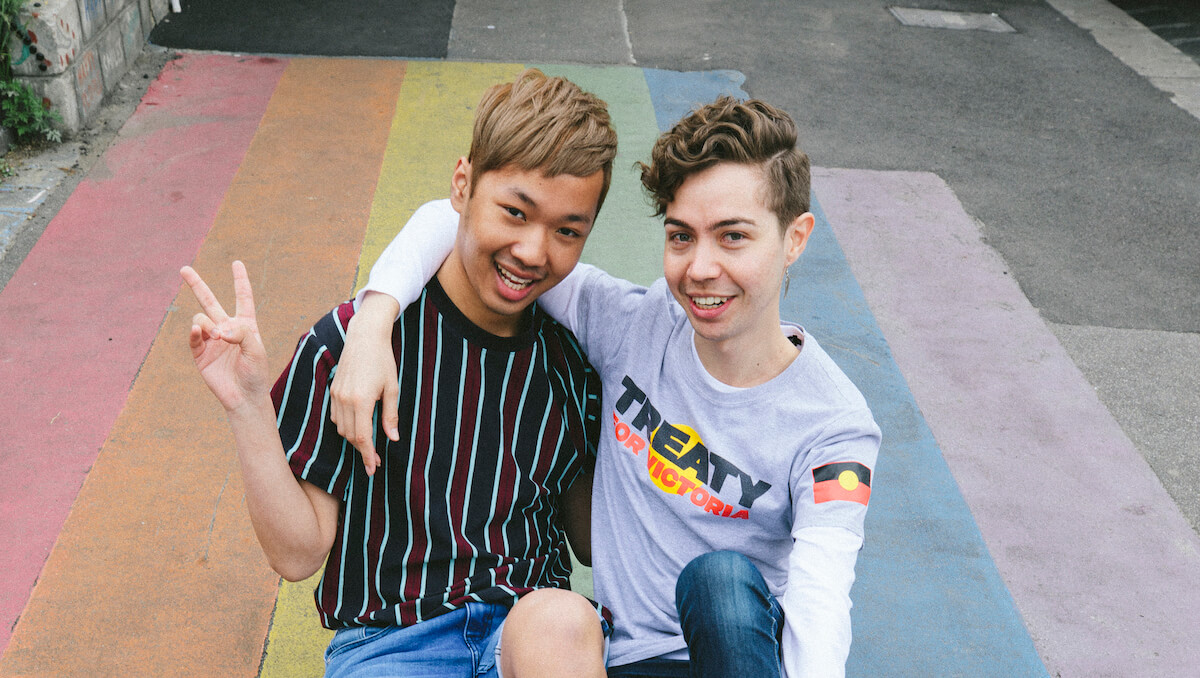
Celebrating diversity in the LGBTQIA+ community
August 31, 2022
There’s no one single way to be LGBTQIA+. In all corners of the world, experiences of being part of the LGBTQIA+ community vary as wildly and as wonderfully as the people experiencing them. In fact, diverse experiences of gender and sexuality have existed in cultures for centuries, long before modern western notions of them.
Cultural identity plays a huge part in navigating one’s sexual or gender identity – as does being a person of faith, a person of colour, or a First Nations person. It’s all part of the rich tapestry of being part of the queer community.
What does QTIPOC mean?
Well, QTIPOC means Queer, Trans, or Intersex Person of Colour. But what does it mean to be a person of colour and part of the LGBTQIA+ community? The short answer is that there are loads of different ways to be QTIPOC, all of them valid – some simple, some complicated, each wonderfully layered and unique.
Read more
Queerness across cultures and throughout history
Being queer or part of the LGBTQIA+ community can sometimes feel like it’s a “new thing”... and like it can be “pretty white”. News flash: it’s neither! Diverse experiences of gender and sexuality have existed all over the world for centuries, long before colonisation.
Read more
Kai Clancy: Activist and Brotherboy
First Nations people in Australia have a rich history of gender diversity – many Aboriginal and Torres Strait Islander people use “Brotherboy” or “Sistagirl” to describe their experiences of gender. Here, Brotherboy Kai Clancy shares his experiences coming out as trans to his community, and his tips for other young trans people.
Read more
I’m Intersex, here’s what that means
About 1.7% of the population (about the same as people with ginger hair!) is Intersex, yet many people have no idea what it means – or that Intersex folks exist at all. Intersex people have innate sex characteristics that don't fit medical norms for female or male bodies. It's important to remember gender, sexuality, and intersex status are all totally different things – and now's the perfect time to get reading, and to become an ally to the intersex community.
Read more
It’s okay not to come out
Mainstream movies and narratives often put “coming out” as the be-all and end-all of being queer. But in multicultural and multi-faith communities, coming out stories are very often different, for a variety of reasons. The headline here, though? It’s okay not to come out to certain members of one’s community – or at all.
Read more
Being queer in regional and rural communities
What does it mean to be a student or teacher in regional Australia, and what support is needed for LGBTQIA+ youth? The Queer Out Here project was undertaken by Minus18 over 131 days, and with 1004 participants. We found that students and teachers witnessed regular negative verbal and physical actions towards LGBTQIA+ people at their school – but we also saw the positive impact education can make.
Read more
------------
Remember, there's no one, single way to be LGBTQIA+. Everyone's experience is different, and that's what makes our community so wonderful!
Check out more Minus18's resources
Related articles
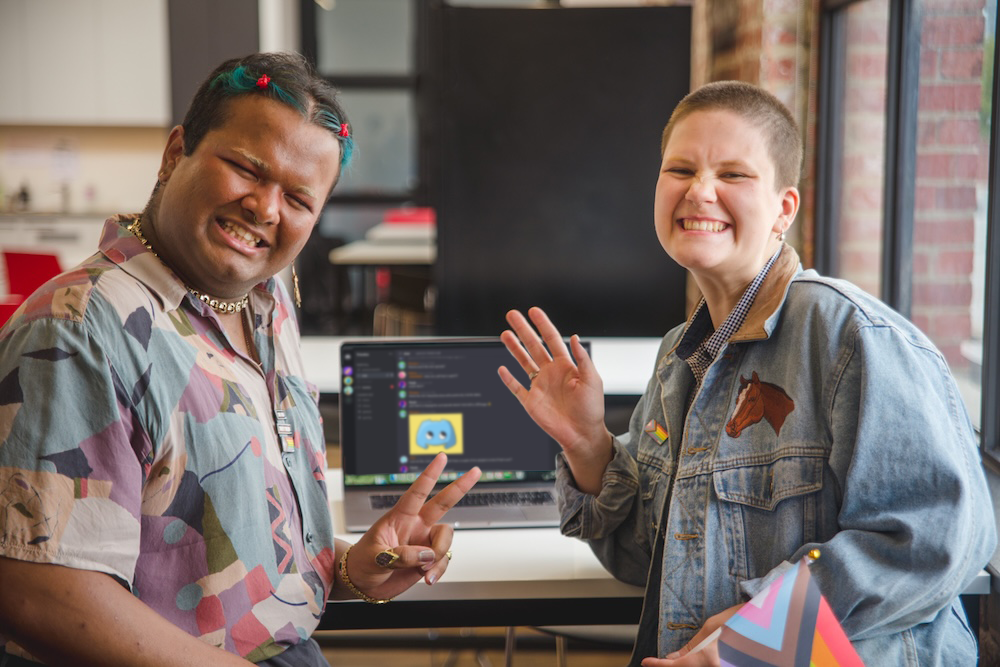
From December 10, big changes are coming for anyone in Australia under 16. Here's how we'll support you to remain connected with your community.
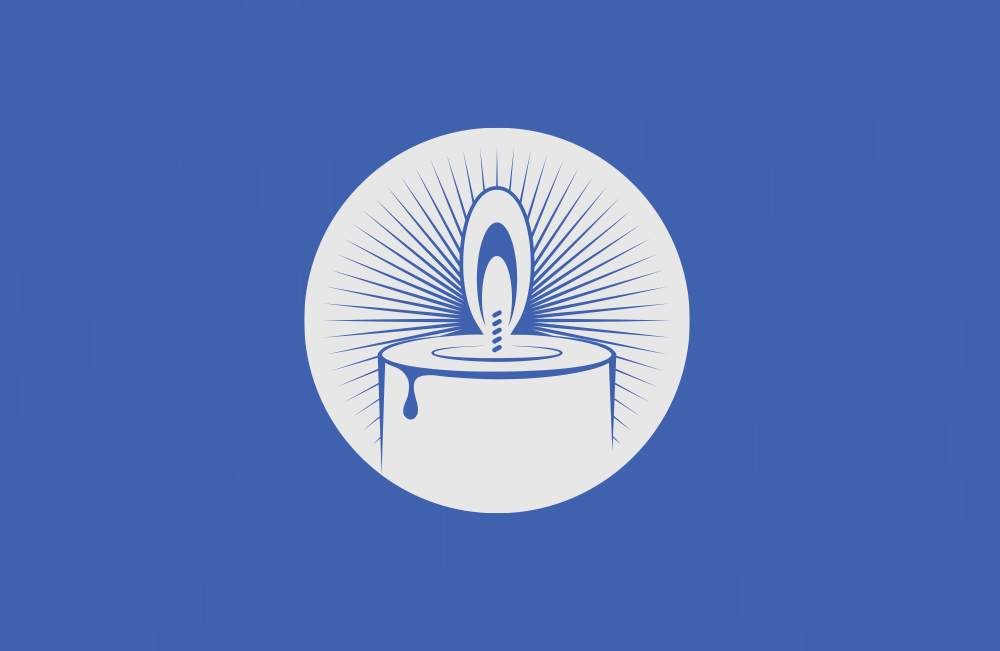
Trans Day of Remembrance is an important opportunity to honour those who have lost their lives to transphobic violence, and take a stand against transphobia.
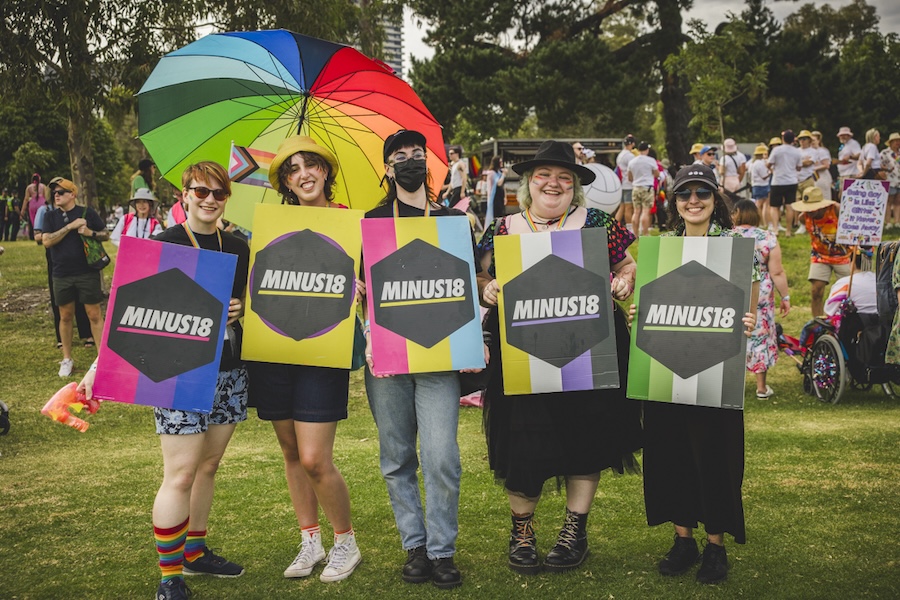
Labels can be comforting – a way to find people who understand you, and proof that you’re not alone. But it's also okay if you're still figuring it out.
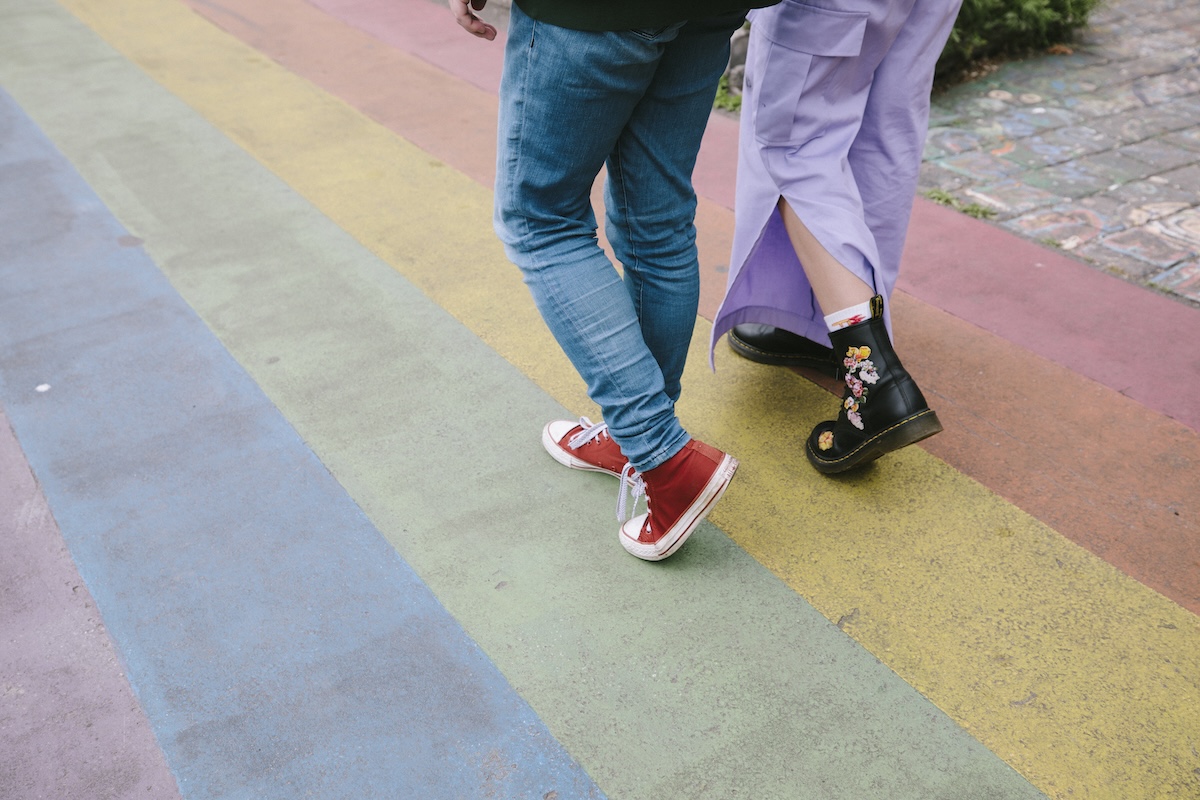
Uncertainty can be beautiful. Being “in-between” labels, between versions of ourselves, is part of life.